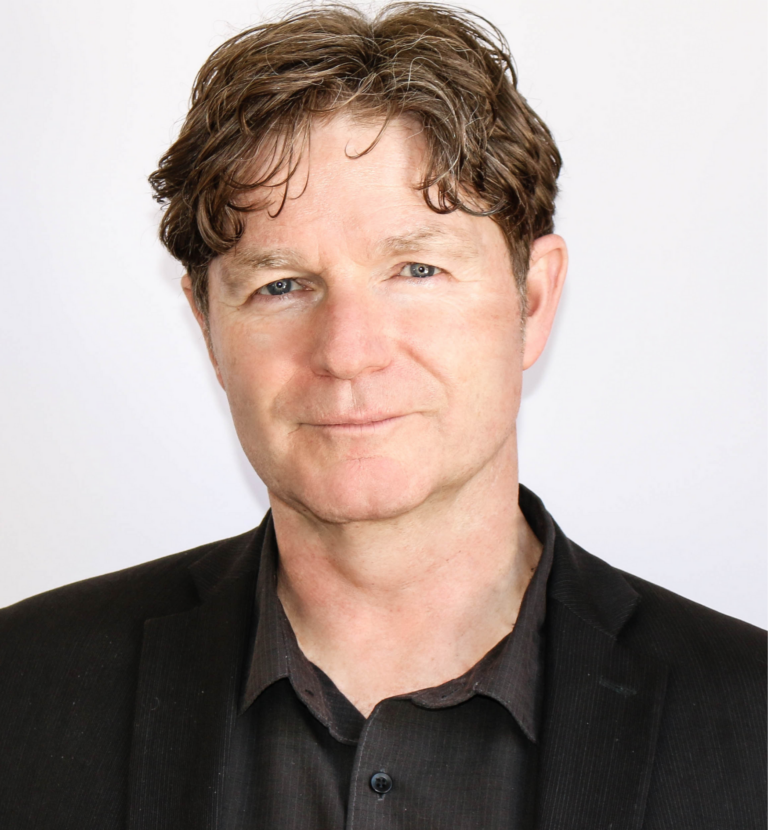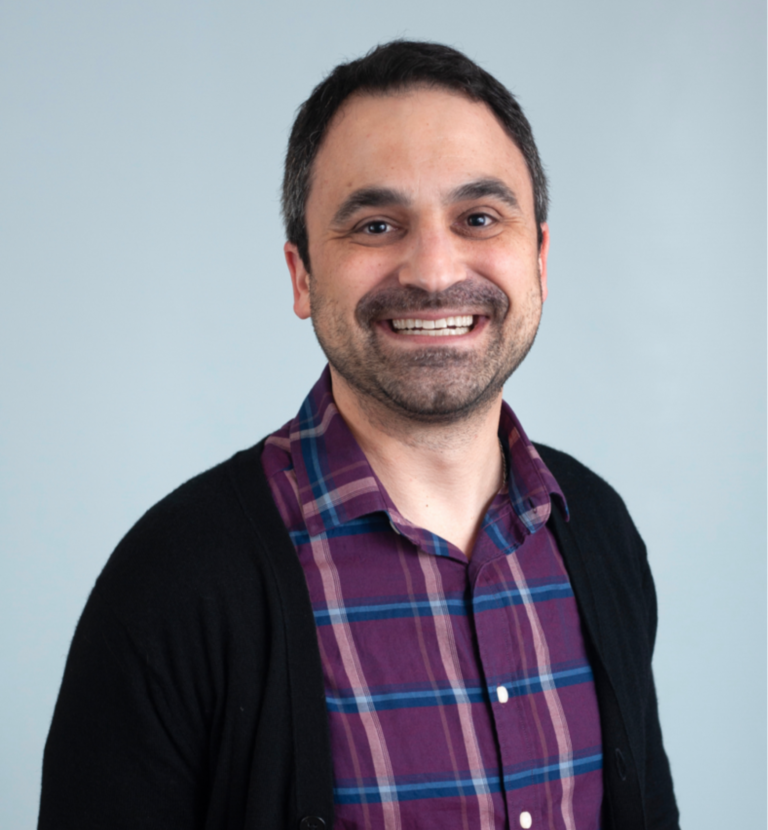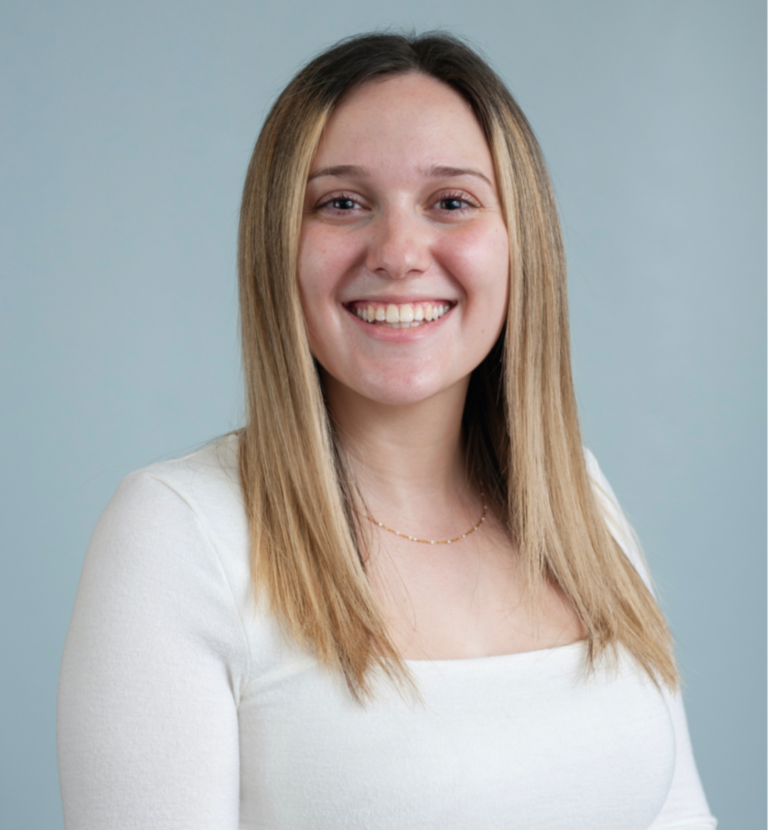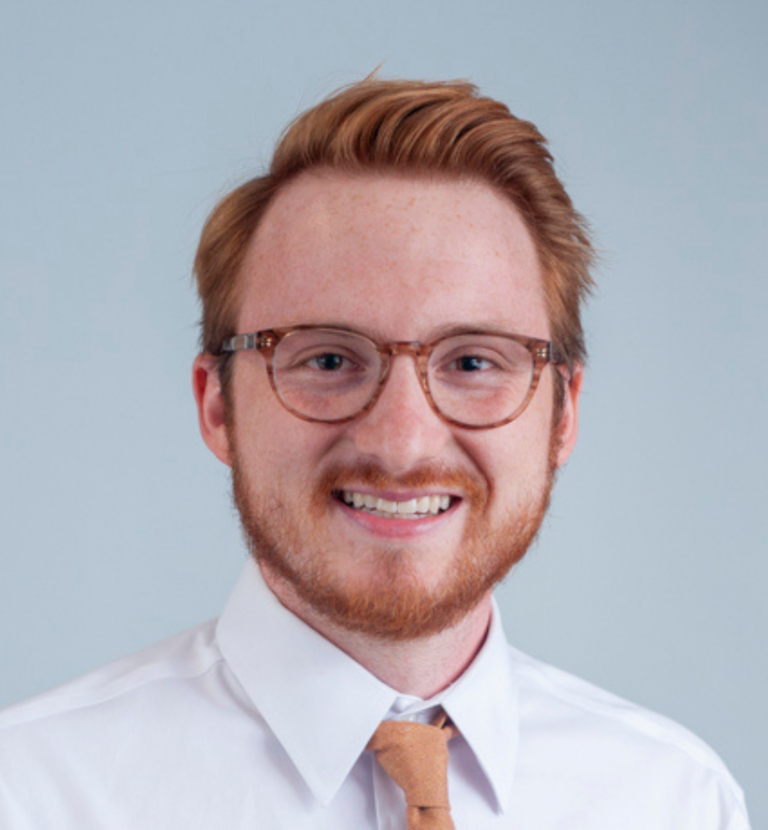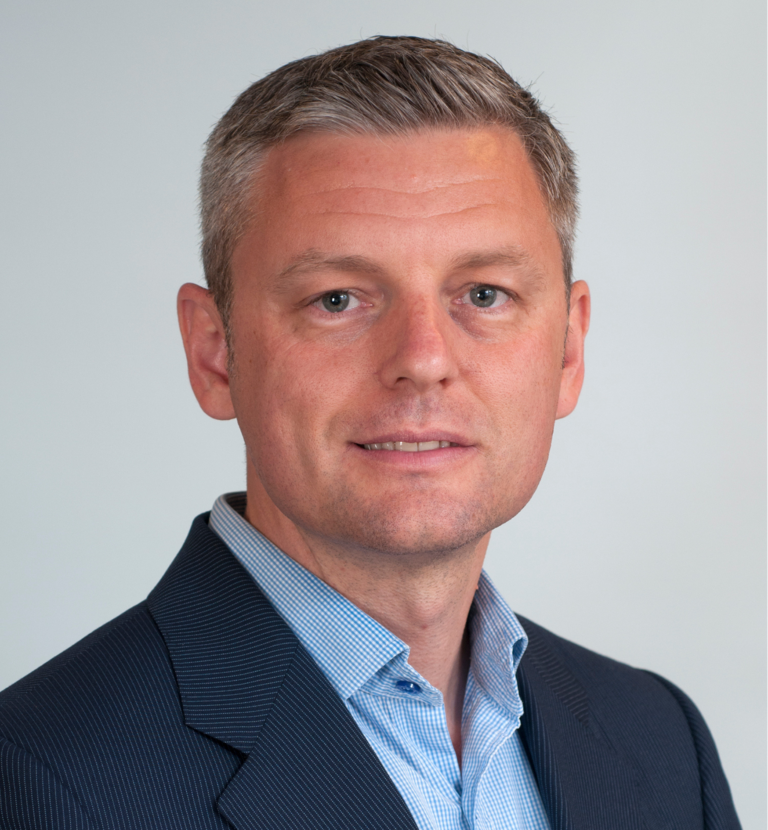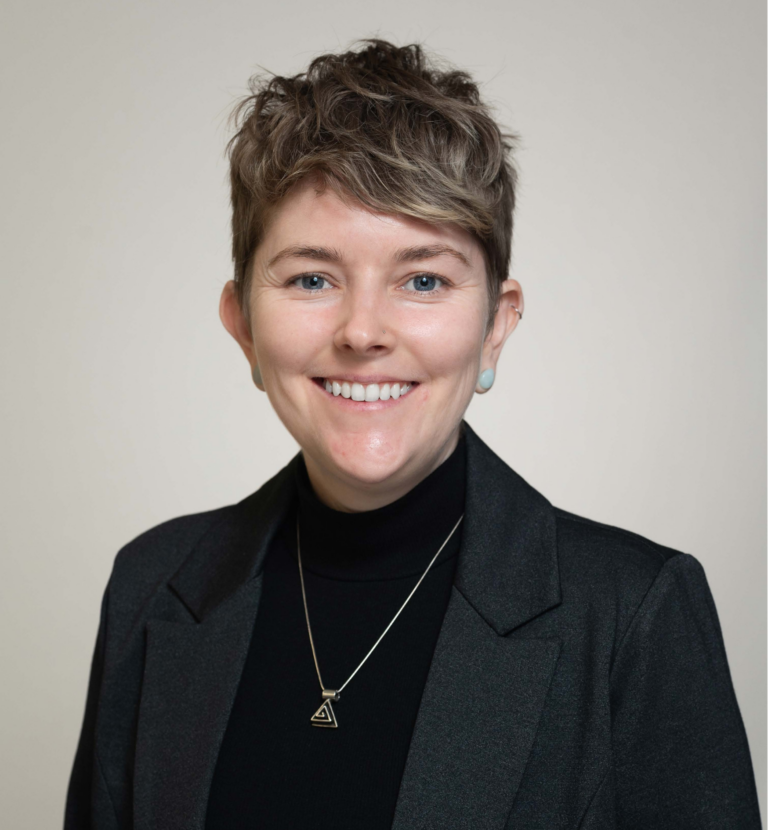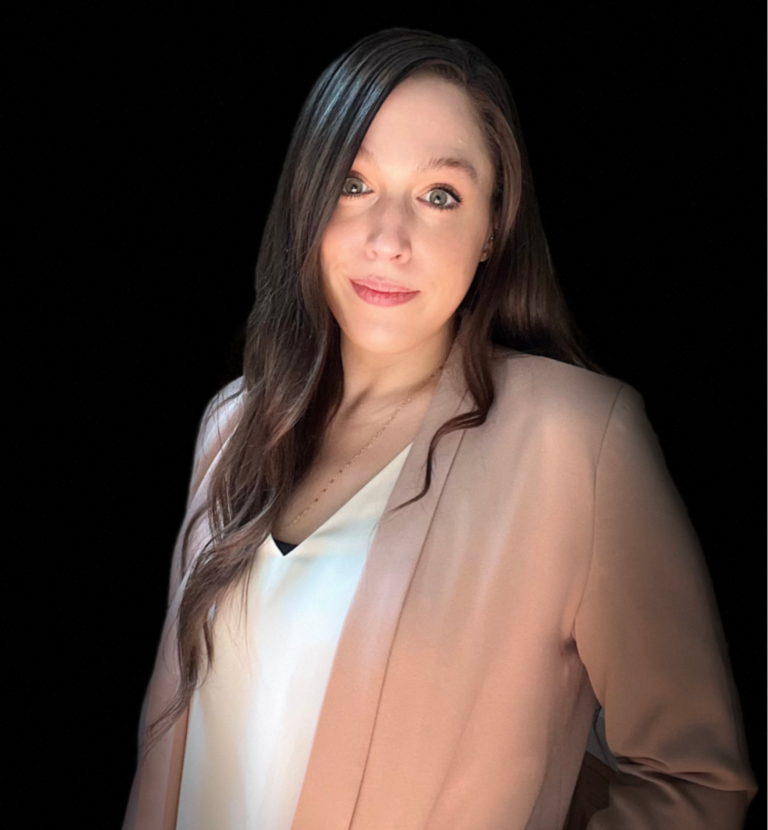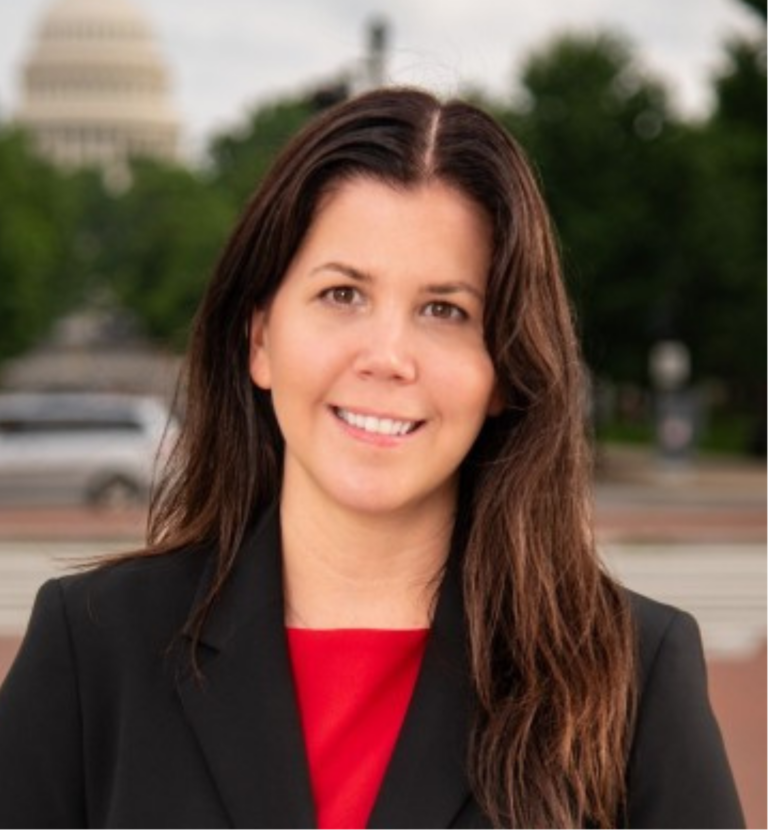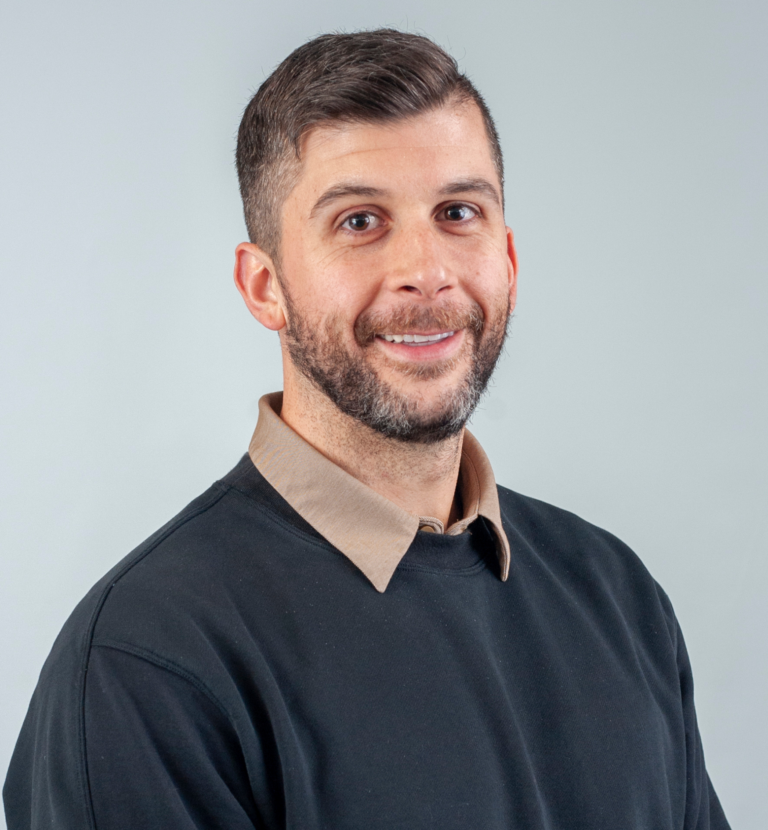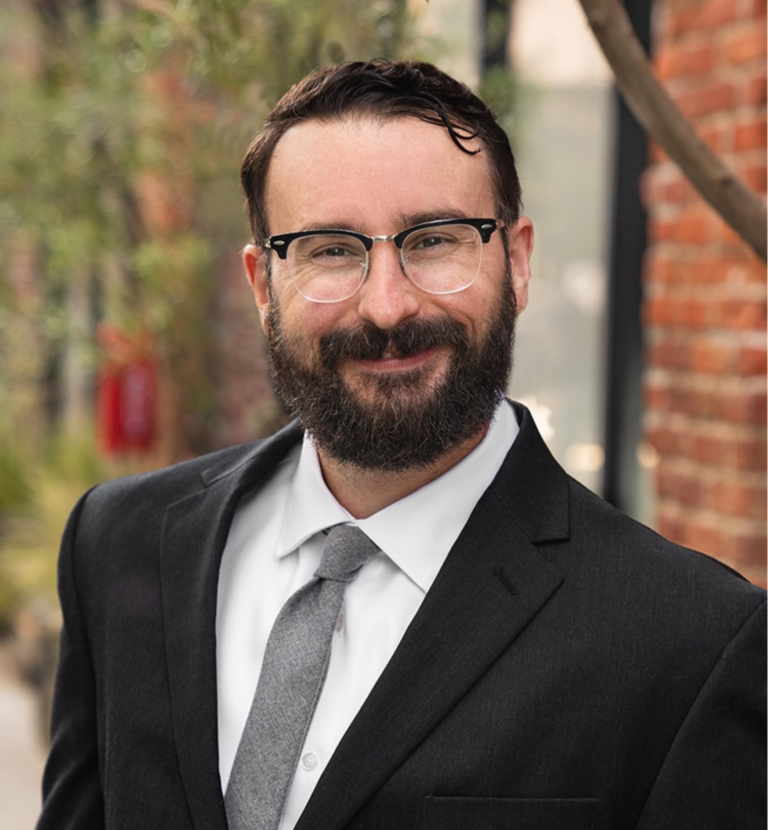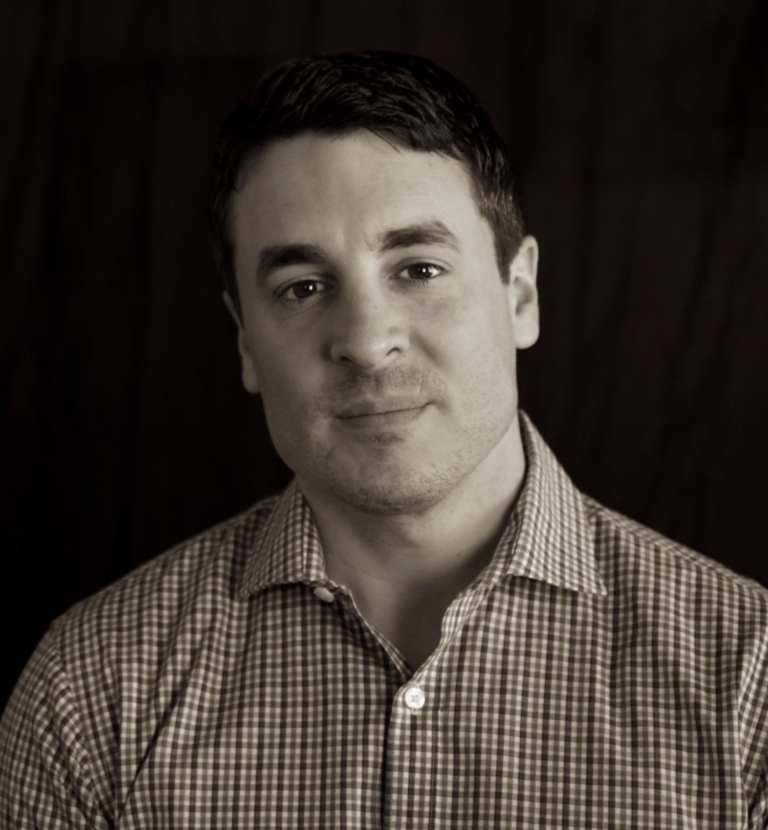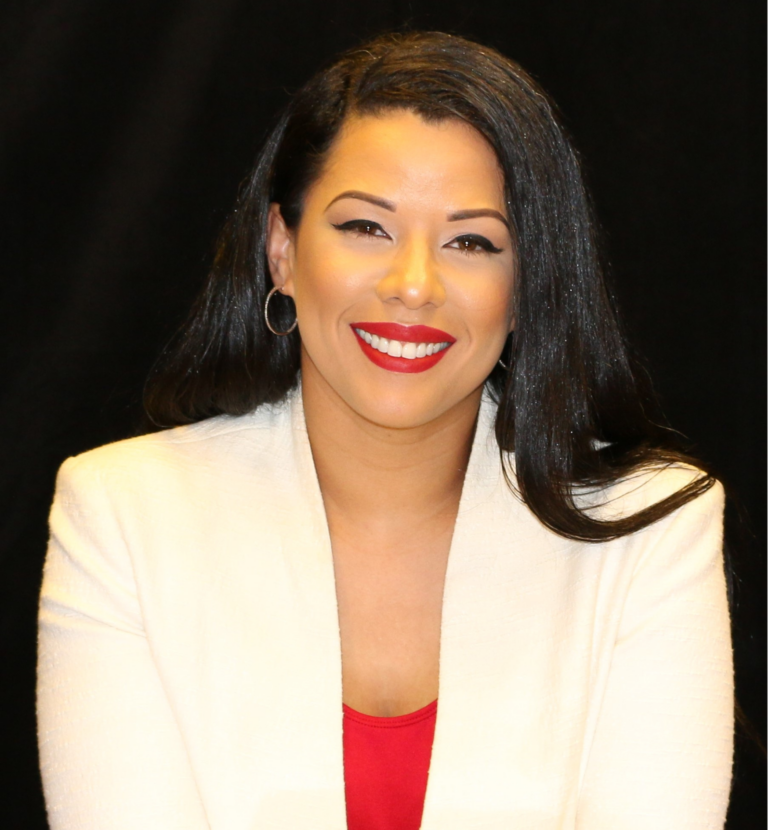About
The Recovery Bulletin is a monthly newsletter that summarizes, translates, contextualizes, and disseminates the latest addiction treatment and recovery research. A flagship initiative of the Recovery Research Institute (RRI), the Bulletin facilitates and coordinates contributions from writers across multiple institutions and backgrounds including but not limited to RRI faculty.
As addiction science bridges biology, neurology, psychology, sociology, and other disciplines, the Bulletin writing staff members bring unique expertise that drive the creation of integrated and comprehensive, easy-to-read research summaries across a variety of contemporary topic areas. Bulletin summaries contextualize findings for a variety of important stakeholders including clinicians, administrators, policymakers, researchers, and the general public, in order to enhance the Bulletin’s utility in readers’ day-to-day work and broader life circumstances. The Bulletin is designed to make the latest scientific discoveries digestible and usable putting readers “in the picture” quickly, ultimately informing and empowering them with knowledge about the evolving addiction landscape.

